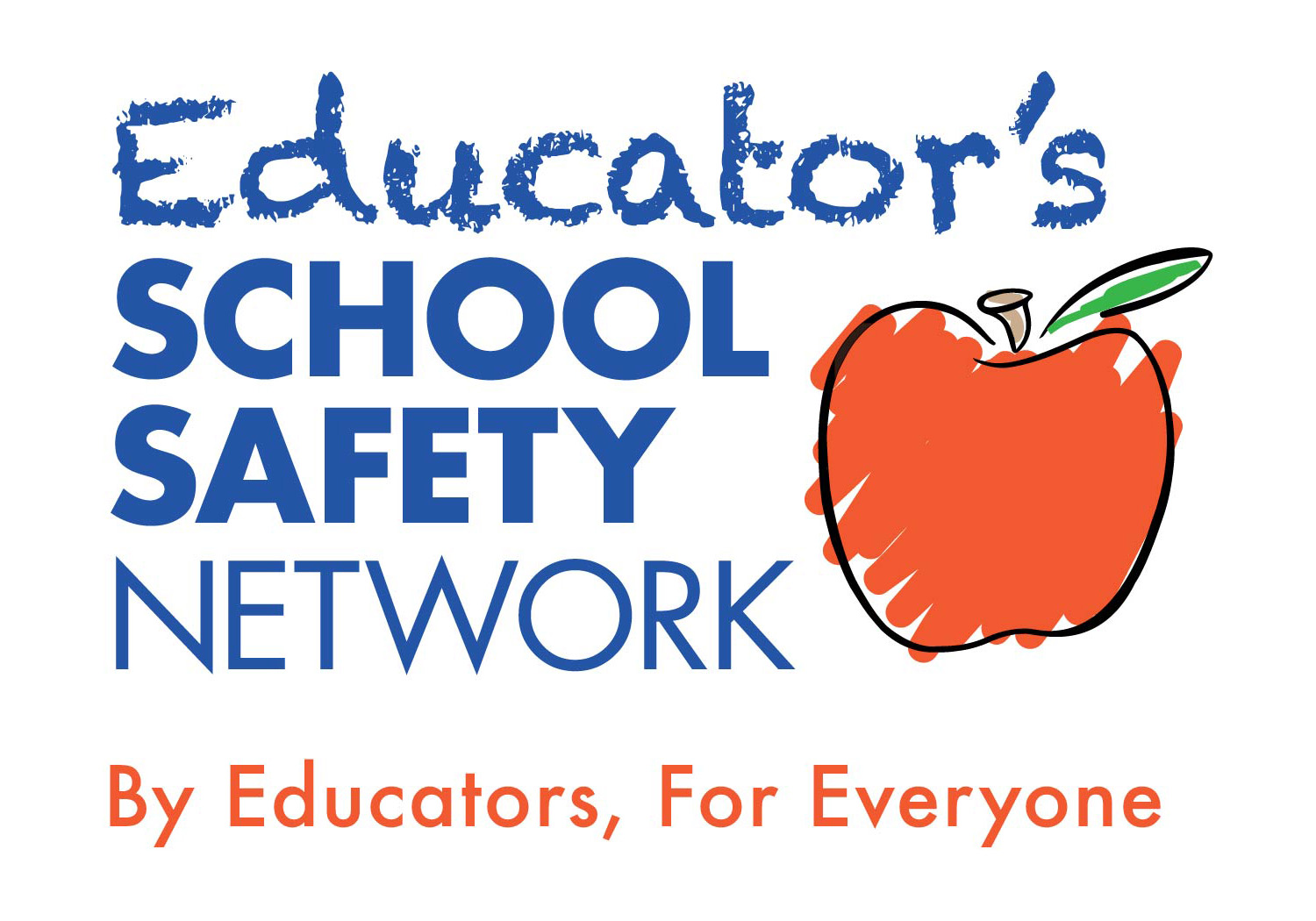"There's a delicate balance because the school district has to take threats made against a school seriously," Klinger said. "But it puts the school in a tough position because a communication can cause uproar among parents."
"Having plans and policies in place before things like this happen is key so (district officials) can be sharing the appropriate amount of information so people feel safe and secure and aren't unintentionally scared," Klinger said. "... But a lot of people are winging it on a case-by-case basis. Our educators have a difficult job to address the community but not to cause panic."
Read the full article here
